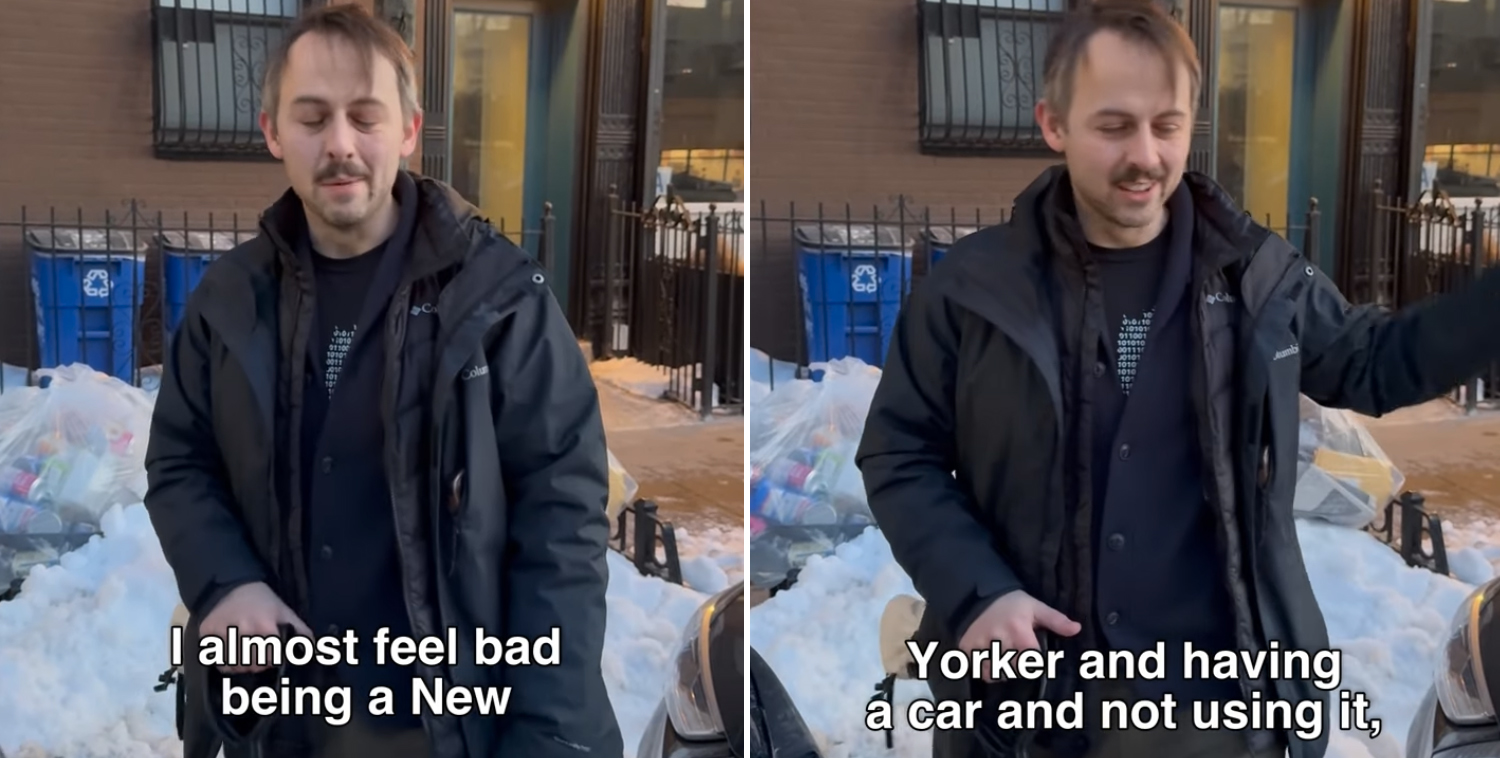The sixth annual international conference of the Association for the Study of Peak Oil & Gas (ASPO) comes at a time of increasing concern over the security of our oil supplies with the fear that after a century and a half of growth the industry is facing what is known as ‘peak oil’, the point at which the production of petroleum reaches a maximum before entering terminal decline.
Over two days the 500 delegates will hear keynote addresses from former US secretary of energy Dr. James Schlesinger and former non-executive chairman of Shell UK, Lord Ron Oxbrugh as well as from leading professionals from the oil industry, politicians and experts in economics and alternatives to oil dependency.
Session 1: Supply Side
Session 2: Demand: The Economics
Session 2 will focus on demand and explore the economic aspects with speakers including Dr Herman Franssen, former economic adviser to the Minister of petroleum and minerals in Oman and Chief Economist of the International Energy Agency (IEA), Prof. Xiongqi Pang of the China Petroleum University and Chief Editor of Petroleum Science, and Jeffrey Rubin, Chief Economist and Chief Strategist at CIBC World Markets in Canada.
Speaking before the conference Dr Franssen said:
On a per capita basis, the US uses about 26 barrels per person per year; Europe and Japan about 16 barrels per person per year, while China uses about 2.5 and Indian less than 1 bbl per pers on per year.
Past global economic developments and oil consumption was largely confined to less than one-third of the global population. However since the early part of this decade when China joined WTO, its economy has taken off at a pace similar to that of the Asian Tigers in the 1970's and Japan before them. India is about 15 years behind China but, here too, economic growth has taken off at sustained rates of about 8% per year.
The big difference between the past and the present is the size of the populations. China and India together have a combined population of close to 2.5 billion people of whom about 500 million are considered middle class (in PPP). The glob al car fleet is expected to double to about 2 billion by 2020. The impact on oil consumption will be huge.
Even if OECD oil consumption will remain fairly stagnant (US is still expected to grow by about 5 mbd between now and 2025), the oil demand in the rest of the world will surpass OECD oil consumption and keep rising. The global dilemma will be how to provide fuel for growth in the developing world when global oil production may be close to peaking.
The limit peak oil is likely to impose on the growth of emerging economies has the potential to dramatically disrupt what many are taking for granted. If the peak oil argument is right then this assumed growth will not be possible.
The ramifications are serious and it is likely that economic tools employed today will prove insufficient when faced with increasing competition for dwindling resources.
Joining Dr Franssen for the extended panel discussion is Dr David Fleming, Director of the Lean Economy Connection and inventor of the system of Tradable Energy Quotas (TEQs). Outlining the importance of the demand-side Dr Fleming said before the conference:
There is little we can now do about the supply side of the market for oil and gas; on the demand side, however, there are some essential measures to be put into effect without delay. Demand management will require (a) an efficient rationing system to ensure fair shares of a diminishing flow of energy; (b) an orderly energy descent, mitigating t he worst of the turbulence on the supply side of the market, and establishing a long-term trajectory of decline. The conference will open up this urgent demand-side agenda.
Failing to proactively address the demand-side as oil supplies peak and enter terminal decline is likely to cause economic disruption on a global scale. Demand would be tempered by volatile markets but at the expense of severe recessions and uncertainty.
During the conference leading experts will evaluate the economic risk posed by peak oil and new economic tools and thinking will be presented demonstrating possible alternatives which mitigate much of the potential economic damage as global energy supplies decline.
In further sessions the conferenc e will also address the supply side of the oil industry, risk management and consider possible reactions. The closing address will be delivered by Eamon Ryan TD, the Irish Government’s recently appointed Minister for Communications, Energy, & Natural Resources.
Session 3: What's at Risk?
Session 4: Time to React?
ASPO is a not-for-profit organisation founded by retired oil geologist Dr Colin Campbell, now living in Ireland, with national chapters around the world and the aim of advancing awareness and understanding of the subject of ‘Peak Oil’.





